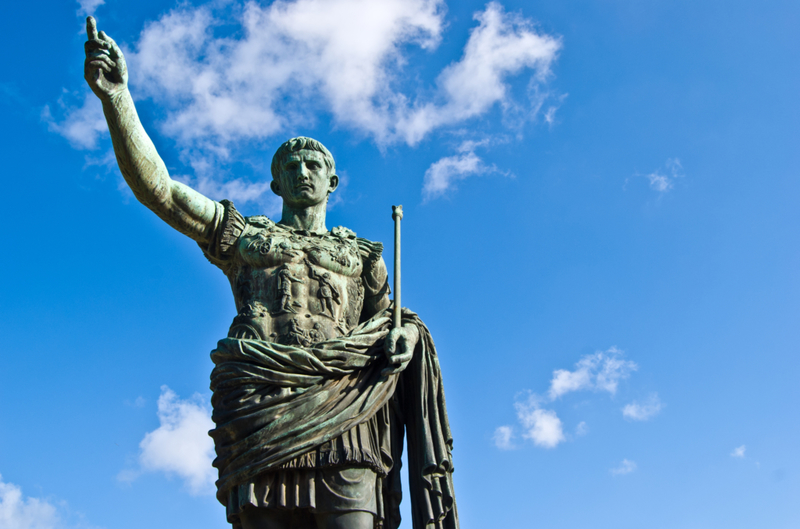
Gaius Suetonius Traquillus’ Theory
Roman historian Suetonius claimed that when Julius laid eyes upon Marcus Junius Brutus, he spoke Greek and said “kaì sý, téknon” which translates to “and you, child.” Some historians aren’t sure if Julius was posing a question or merely stating the obvious. Since question marks weren’t used back then, it’s firstly hard to tell if Julius Caesar was making an inquiry or just making a statement.
J. Woodman’s Theory
J. Woodman’s Theory A. J. Woodman theorized that the quote that Julius uttered was a line in an old Greek poem that was written during the Hellenistic period. The real quote in Greek says “καὶ σὺ, τέκνον, ποτὲ τῆς ἀρχῆς ἡμῶν παρατρώξῃ.” which translates to “And you, child, will someday have a taste of our power.” The meaning behind this is that Julius wanted to tell Brutus that he was carrying out a task that he would later regret and prove his selfishness and thirst for power and status. But again, this is another speculation and we’re not entirely sure of his exact words.
Plutarch of Chaironeia’s Theory
Plutarch was known to be more reliable than Suetonius and even wrote a book on the Life of Julius Caesar. He writes an account of Caesar’s death and mentions how after Caesar was stabbed in the neck he screamed out: “Accursed Casca, what does thou?” He implies that Ceaser shrieked instead of posing a question to his supposed friends. Each historian has their own take on Julius Caesar’s last words but the truth of it is, we will never fully know the right answer. There are differing accounts of his last words yet, we can be positively sure that Julius Caesar’s last words were not “Et tu Brute?”